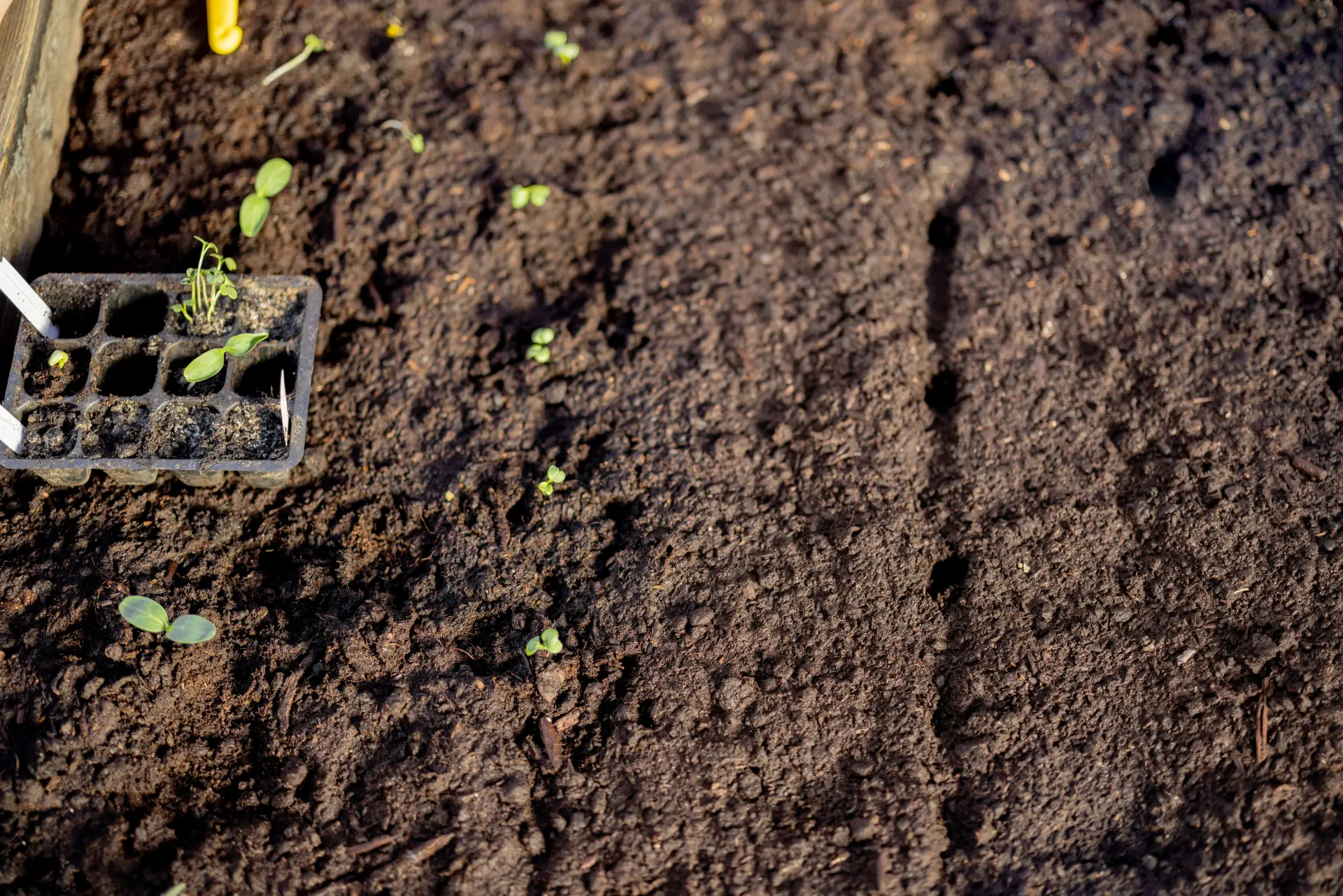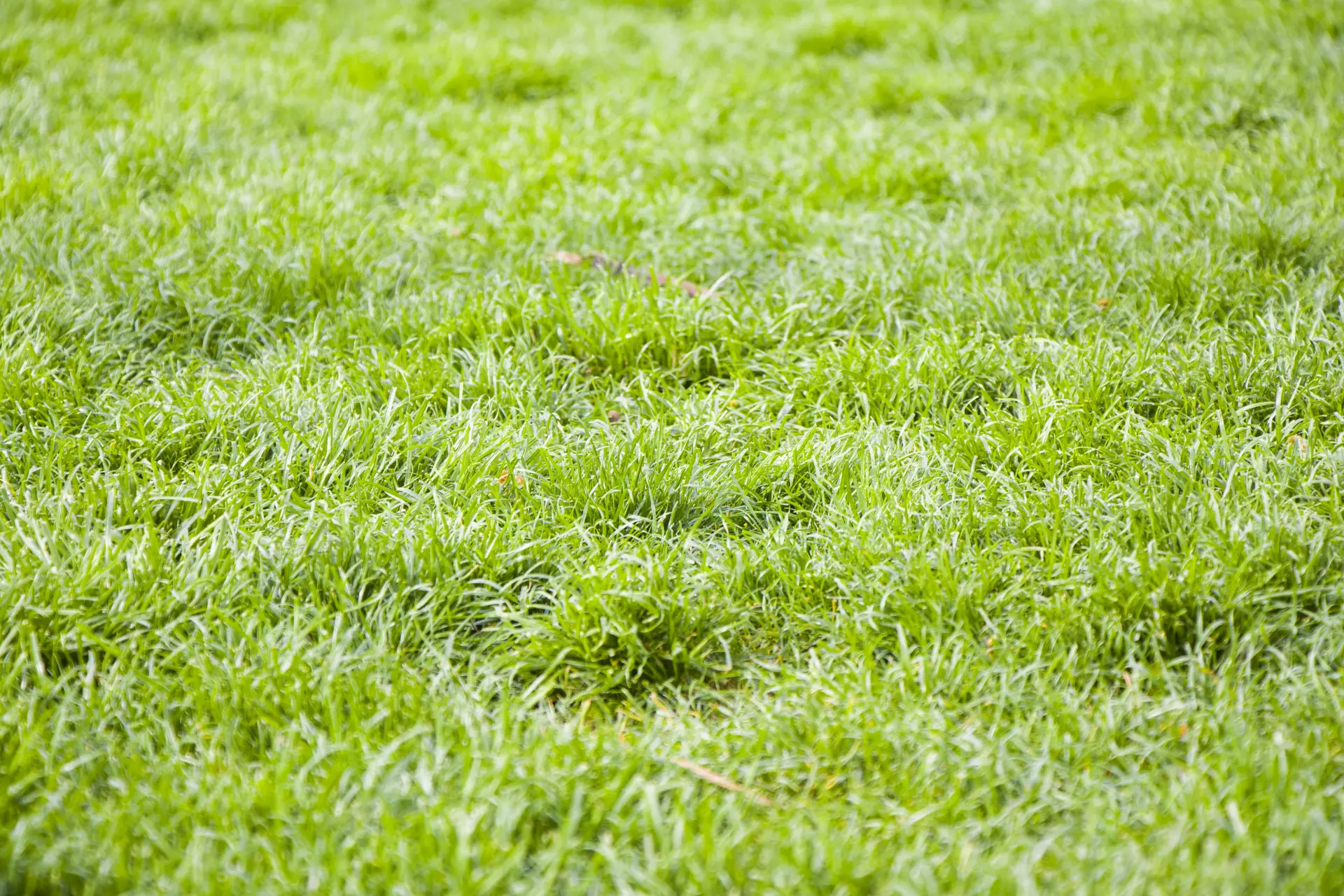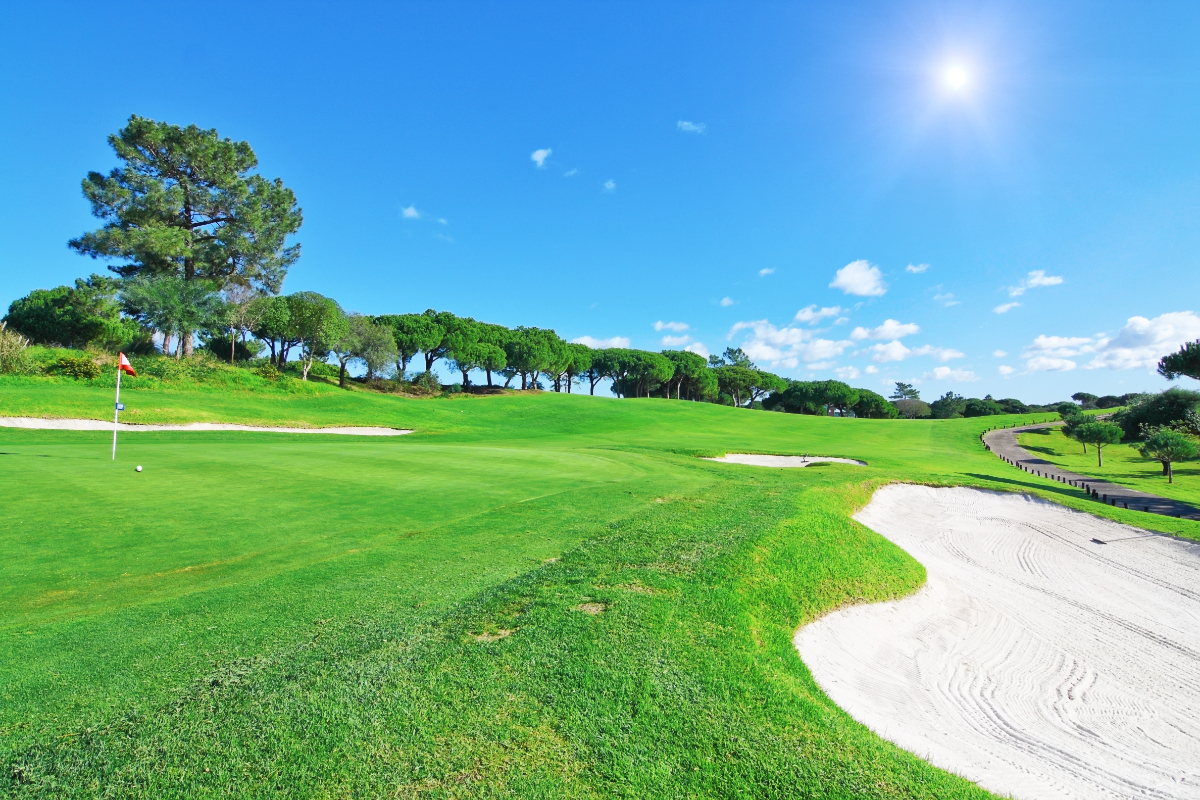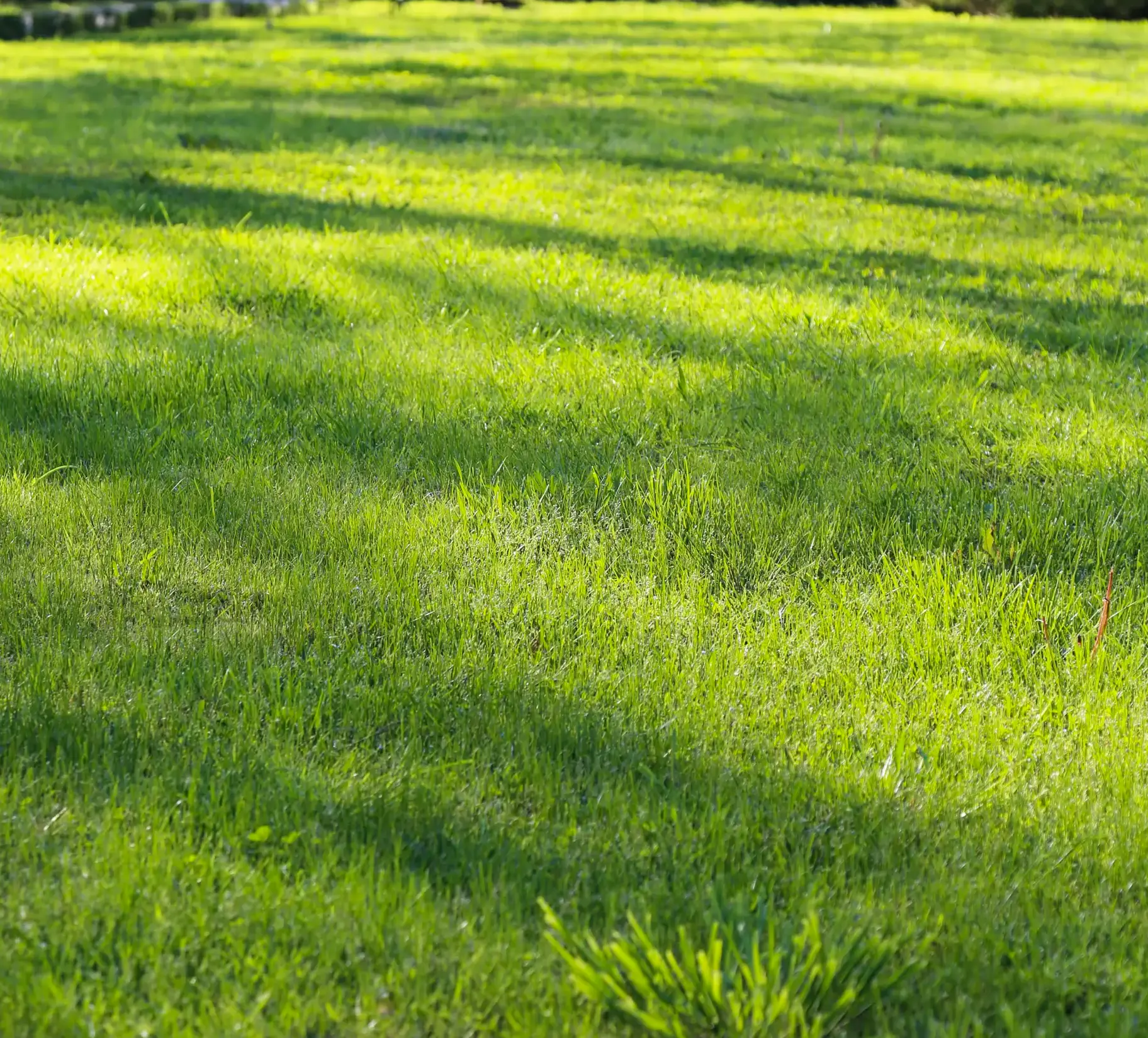This article explores: what is topsoil and why is it important? Learn how this vital layer supports plant growth, holds nutrients, and improves your garden or lawn.
Topsoil is the uppermost layer of soil on the Earth’s surface, and it plays a vital role in supporting plant life. Whether you’re growing a small garden or maintaining a lawn, healthy topsoil is key to providing the right environment for plants to thrive.
What Is Topsoil Made Of?
Topsoil is a rich mixture of decomposed organic matter, minerals, water, and air. The organic matter comes from decaying plants, leaves, and organisms that contribute to the soil’s fertility. This natural process creates a nutrient-dense layer of soil that is ideal for supporting plant growth.
In addition, topsoil contains varying amounts of sand, silt, and clay. The proportion of these elements determines the soil’s texture, drainage, and ability to hold nutrients. A balanced mixture, known as loam, is often considered the best type for gardening as it holds water while allowing excess to drain away.
Healthy topsoil is usually dark brown or black in colour, slightly moist, and crumbly. A fresh, earthy smell indicates it is alive with beneficial microbes that help break down organic matter and provide nutrients for plants.
Why Is Topsoil Important for Plants?
Topsoil is where most plant roots grow and access essential nutrients and moisture. It works like a sponge—storing water for roots to absorb but draining away any excess to prevent waterlogging.
Nutrients such as nitrogen, phosphorus, and potassium are found in topsoil and are crucial for healthy growth. Nitrogen supports leafy growth, phosphorus encourages root development, and potassium improves flowers, fruits, and overall plant strength.
Without quality topsoil, plants—including vegetables, shrubs, and lawn turf—may not grow to their full potential. Poor-quality or contaminated soils can limit growth and lead to unhealthy plants.
Topsoil also supports beneficial bacteria and fungi that break down organic matter and make nutrients available. This living ecosystem contributes directly to soil fertility and plant health.
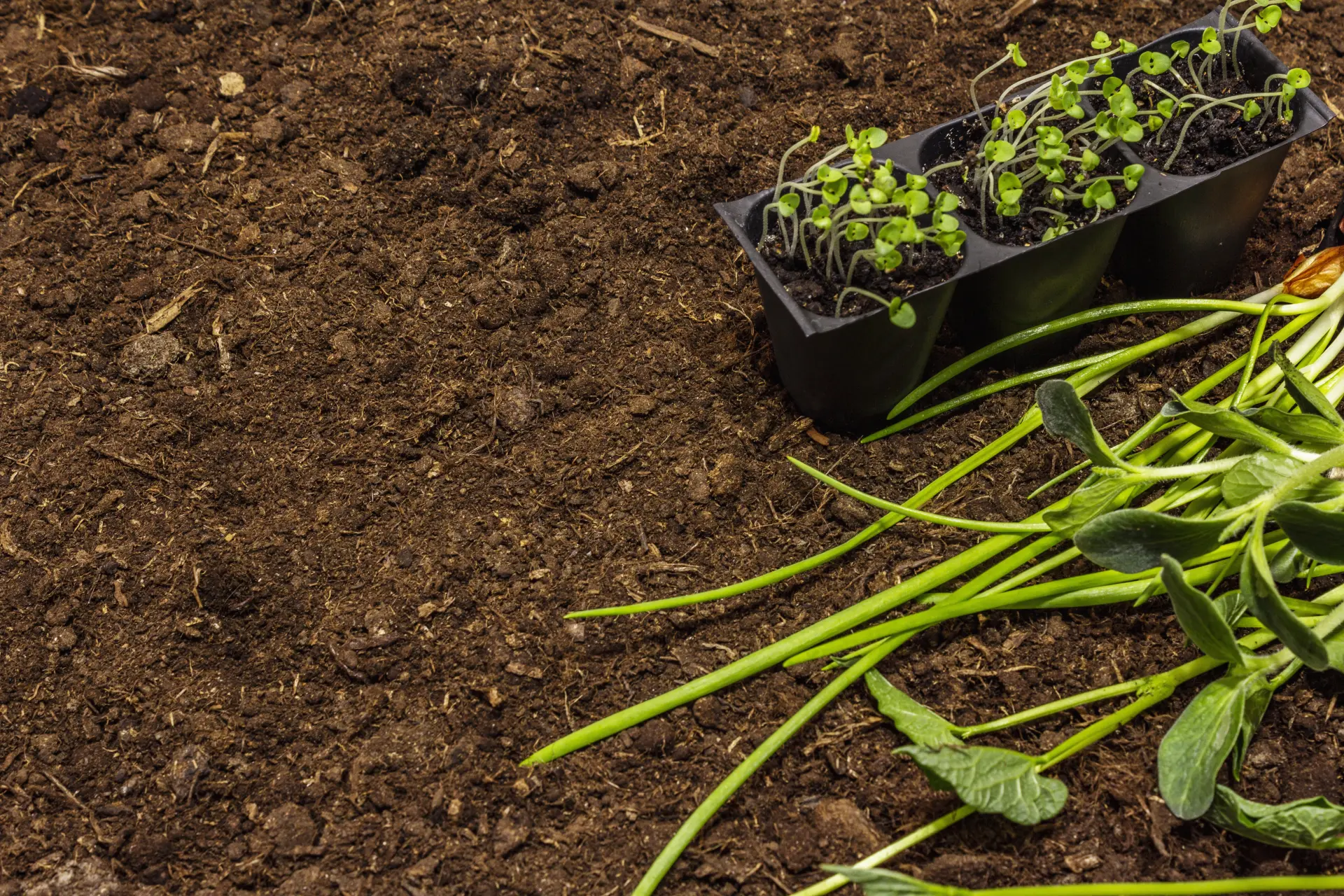
What Makes Good Quality Topsoil?
High-quality topsoil should be fertile, well-structured, and free from stones, weeds, or harmful contaminants. It should hold moisture while maintaining good drainage, and allow roots to spread without restriction.
An ideal topsoil will:
- Contain plenty of organic matter.
- Be slightly acidic to neutral in pH (around 6–7).
- Be rich in nutrients and free from weed seeds.
- Have a balanced texture of sand, silt, and clay.
If you’re unsure about your soil, testing kits can check pH levels and nutrient content, helping you decide whether to add compost, organic matter, or soil conditioners.
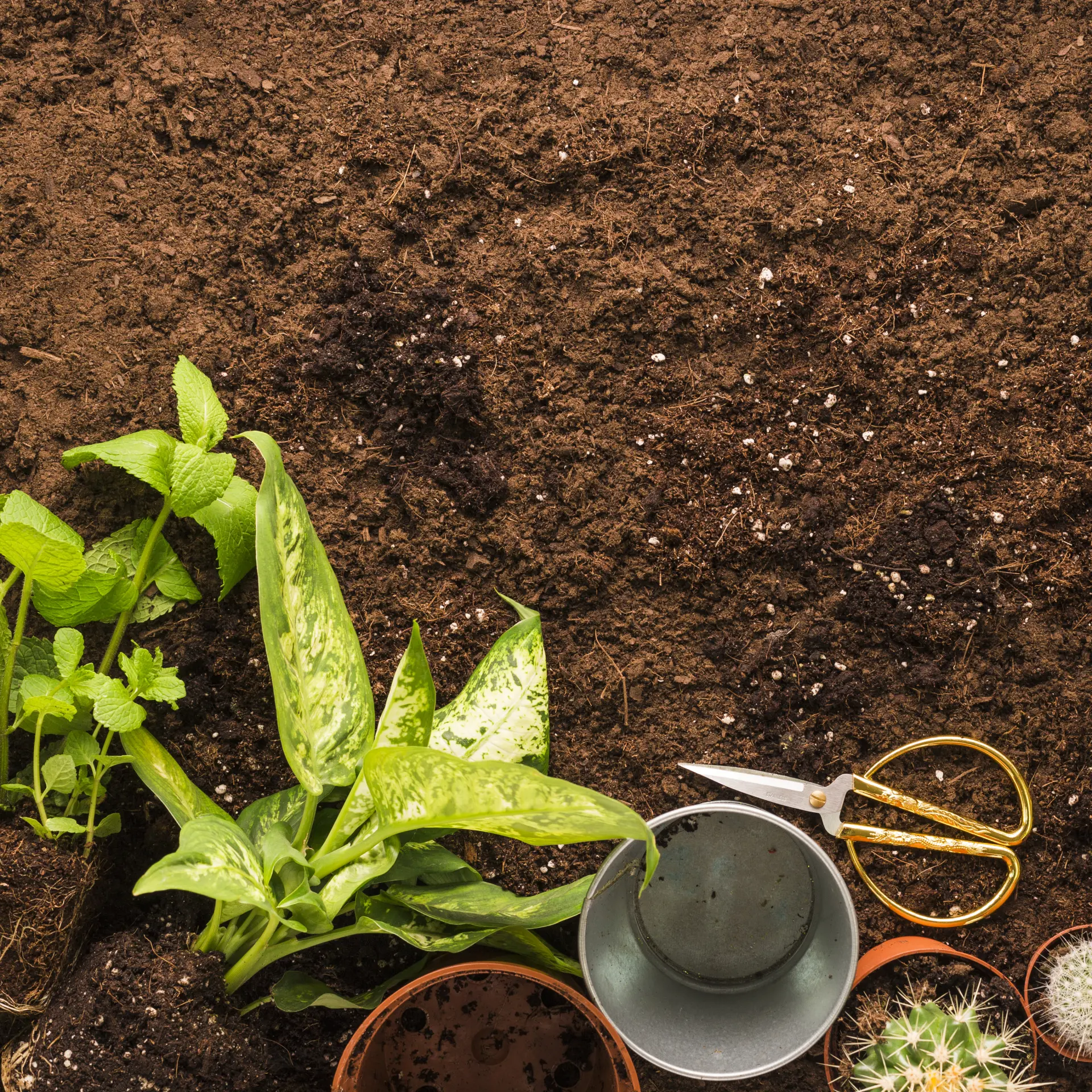
The Role of Topsoil in Gardens and Lawns
In gardens and lawns, topsoil is the foundation that allows plants to establish strong roots and absorb nutrients.
Garden Beds & Raised Beds: Adding a layer of soil that is rich in nutrients helps create ideal growing conditions for flowers, shrubs, and vegetables.
Lawn Care & Turfing: When laying new turf, a few inches of good topsoil provide the perfect base, ensuring the grass develops strong root systems.
Filling Low Spots: Topsoil can be used to fill dips or uneven areas in your garden, making the surface more even and suitable for planting.
Over time, existing soil can become compacted, depleted, or stripped of nutrients. Adding quality topsoil every few years helps to rejuvenate the ground and improve long-term productivity.
Different Types of Topsoil
Not all topsoil is the same. The type of soil you choose should be based on your gardening needs and the plants you want to grow.
- Sandy Topsoil – Light, drains quickly, but may need composts or organic matter added to improve nutrient levels.
- Clay Topsoil – Rich in nutrients but heavy and can become waterlogged; mixing with sand or compost can improve drainage.
- Loam Topsoil – The most ideal soil for most gardens, offering a balanced mix of sand, silt, and clay with good nutrient retention and drainage.
When buying topsoil, always look for screened and high-quality products that are free from rocks, contaminants, and debris.
How to Use Topsoil Effectively
There are many ways to use topsoil in your garden:
- Planting Vegetables and Shrubs: A rich in nutrients topsoil supports healthy, productive crops and strong roots.
- Raised Beds and Containers: Mixing topsoil with compost creates the perfect growing mixture for contained planting.
- Lawn Care: Spread a thin layer of soil to top-dress your lawn, helping it retain moisture and stay healthy.
- Creating New Garden Areas: Use topsoil to cover bare ground or prepare areas for planting flowers, turf, or trees.
By combining topsoil with compost or other organic matter, you can create a more fertile growing medium that will enrich your garden soil and encourage better growth.
How to Look After Your Topsoil
Looking after topsoil ensures it continues to support your garden for years to come.
- Avoid Compaction: Don’t walk on wet soil, as this pushes out air and restricts root growth.
- Prevent Erosion: Cover soil with plants, turf, or mulch to protect it from wind and rain.
- Add Organic Matter: Compost, rotted leaves, or manure enrich topsoil and improve structure.
- Maintain Moisture: Mulching helps retain water, regulate temperature, and reduce weeds.
- Check Nutrients: Test your soil every few years to ensure it has the right balance of nitrogen, potassium, and phosphorus.
With regular care, topsoil will remain fertile, rich in nutrients, and productive for both lawns and gardens.
What Is Topsoil? - Conclusion
Topsoil is one of the most important natural resources for gardening and plant growth. This uppermost layer of soil provides the nutrients, moisture, and structure that plants need to thrive.
Whether you are growing vegetables, laying turf, or filling raised beds, choosing good topsoil and looking after it will make all the difference to your garden’s success. By investing in quality topsoil and enriching it over time, you create a fertile foundation that will keep your garden flourishing for many years.
Looking for reliable topsoil suppliers in Bradford, Halifax, or across North Yorkshire? Greenlands Turf & Topsoil Supplies Ltd provides high-quality Grade 1 and value topsoil with fast local delivery, ideal for gardens, landscaping, and construction projects of any size.
